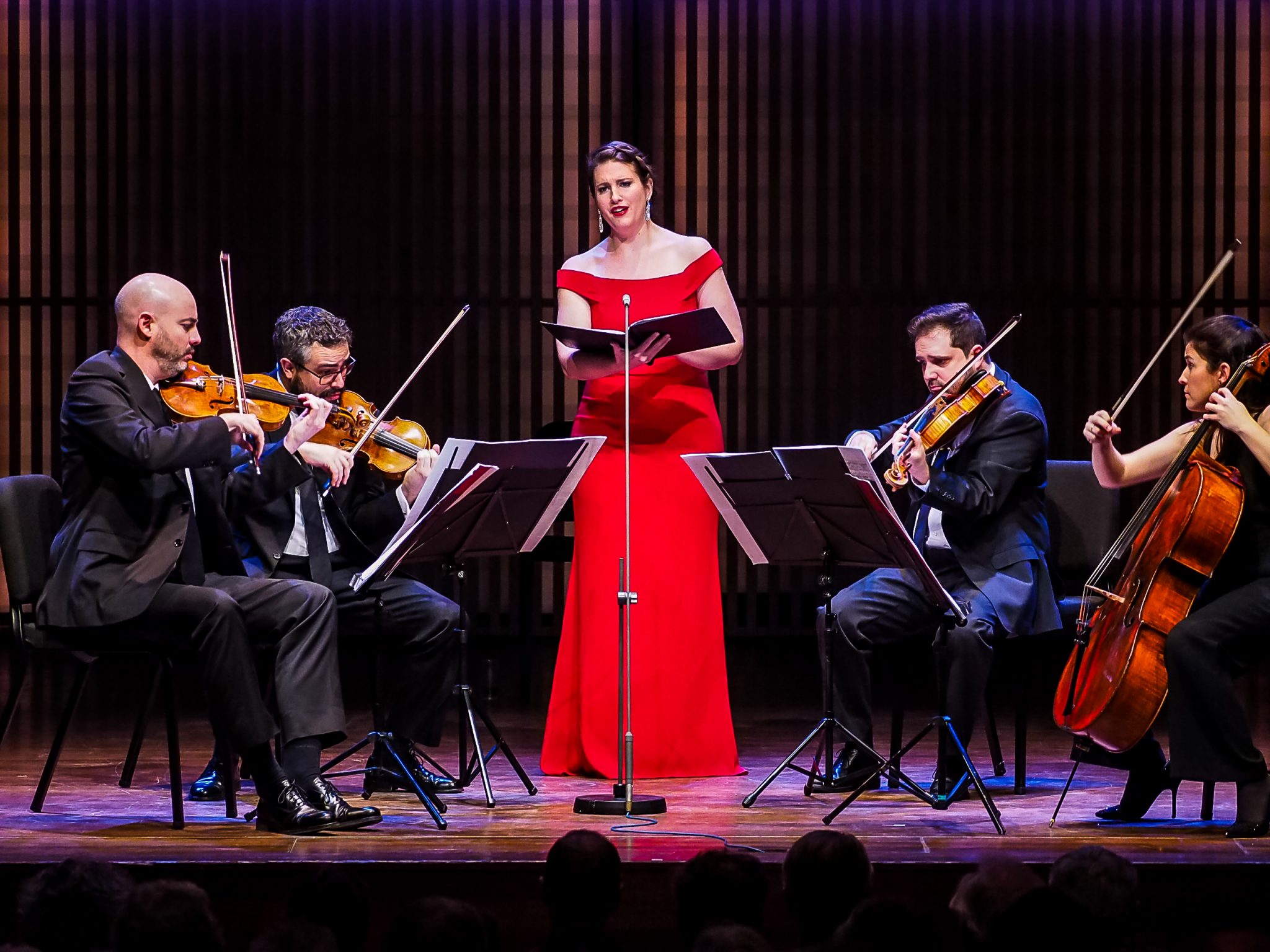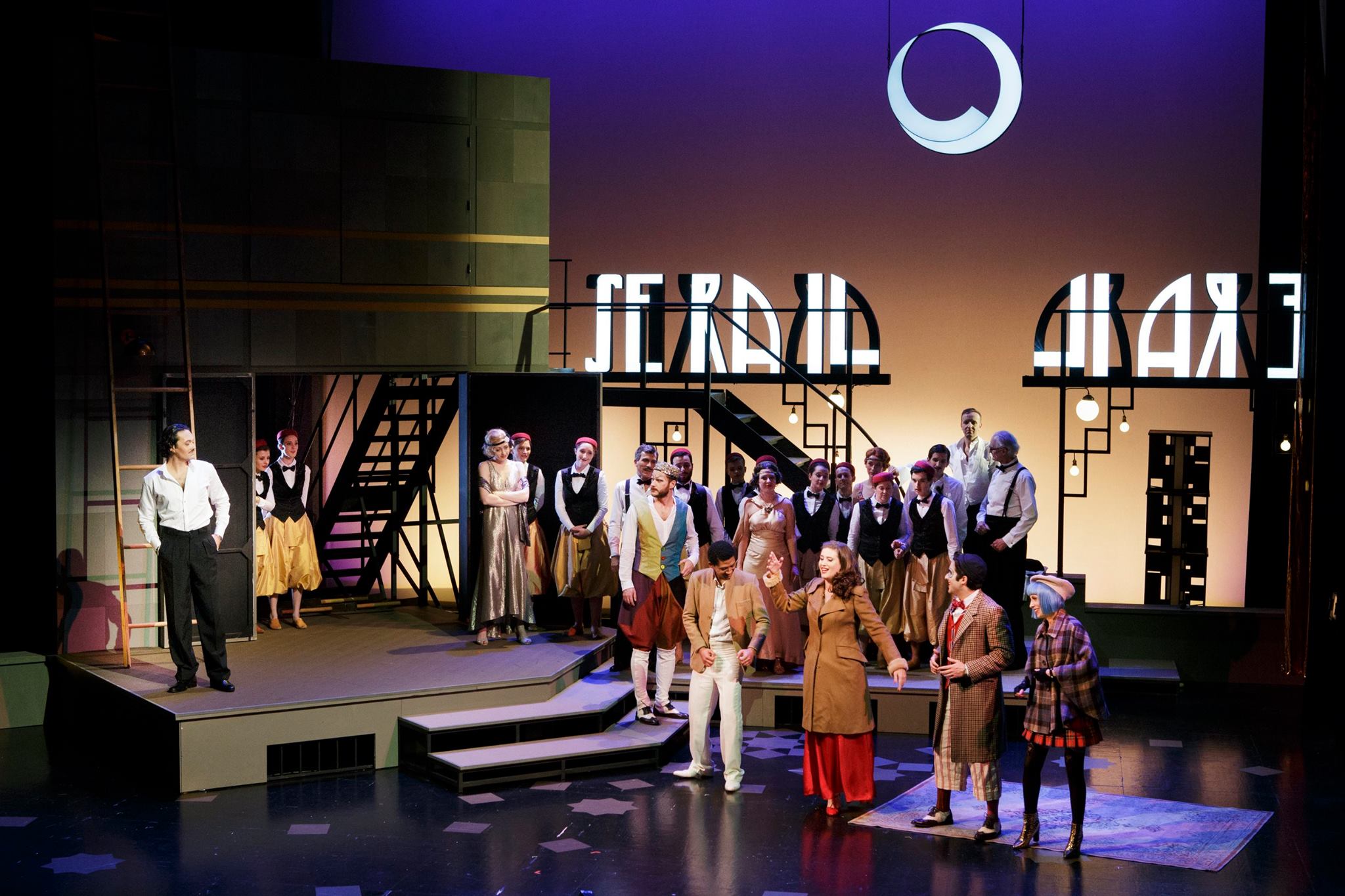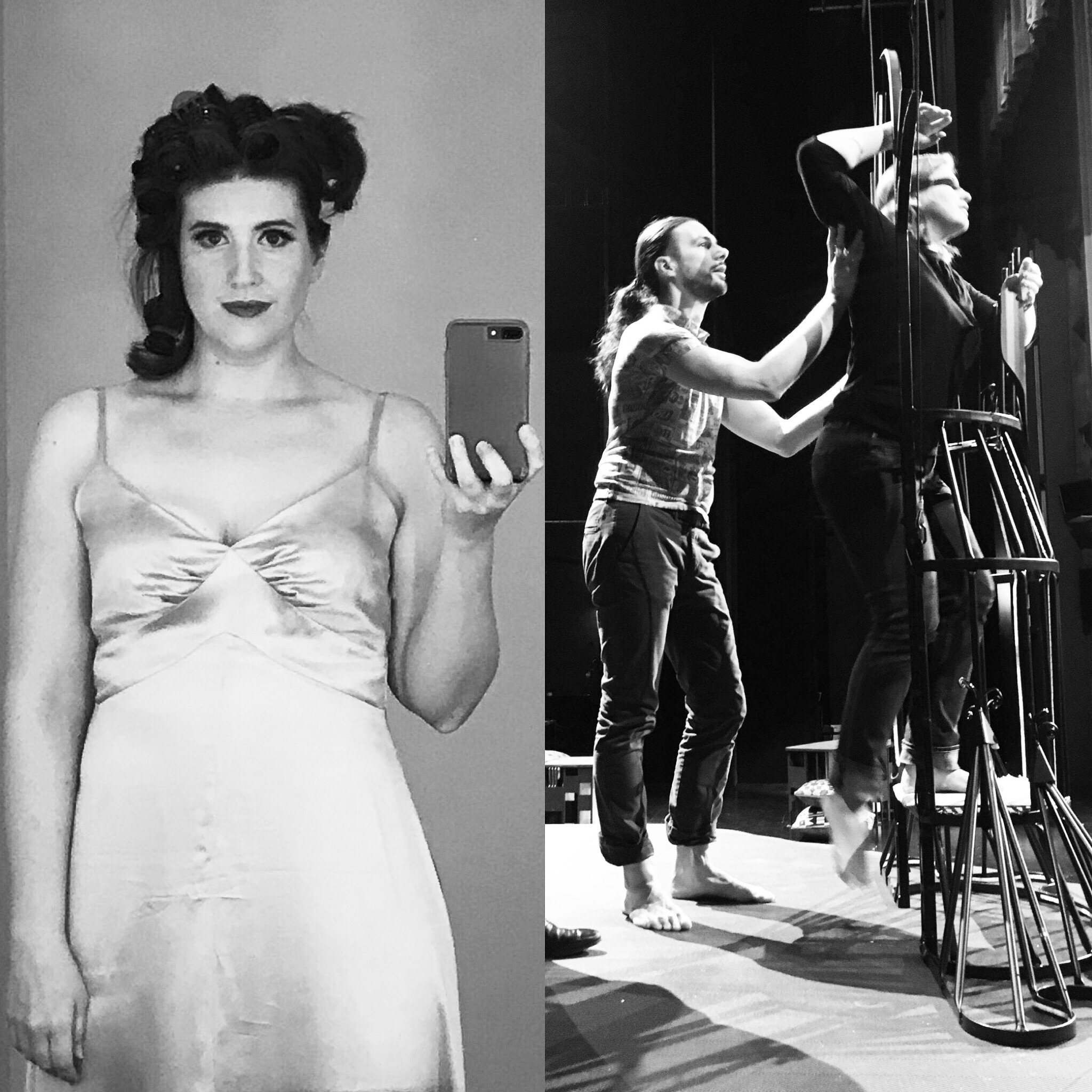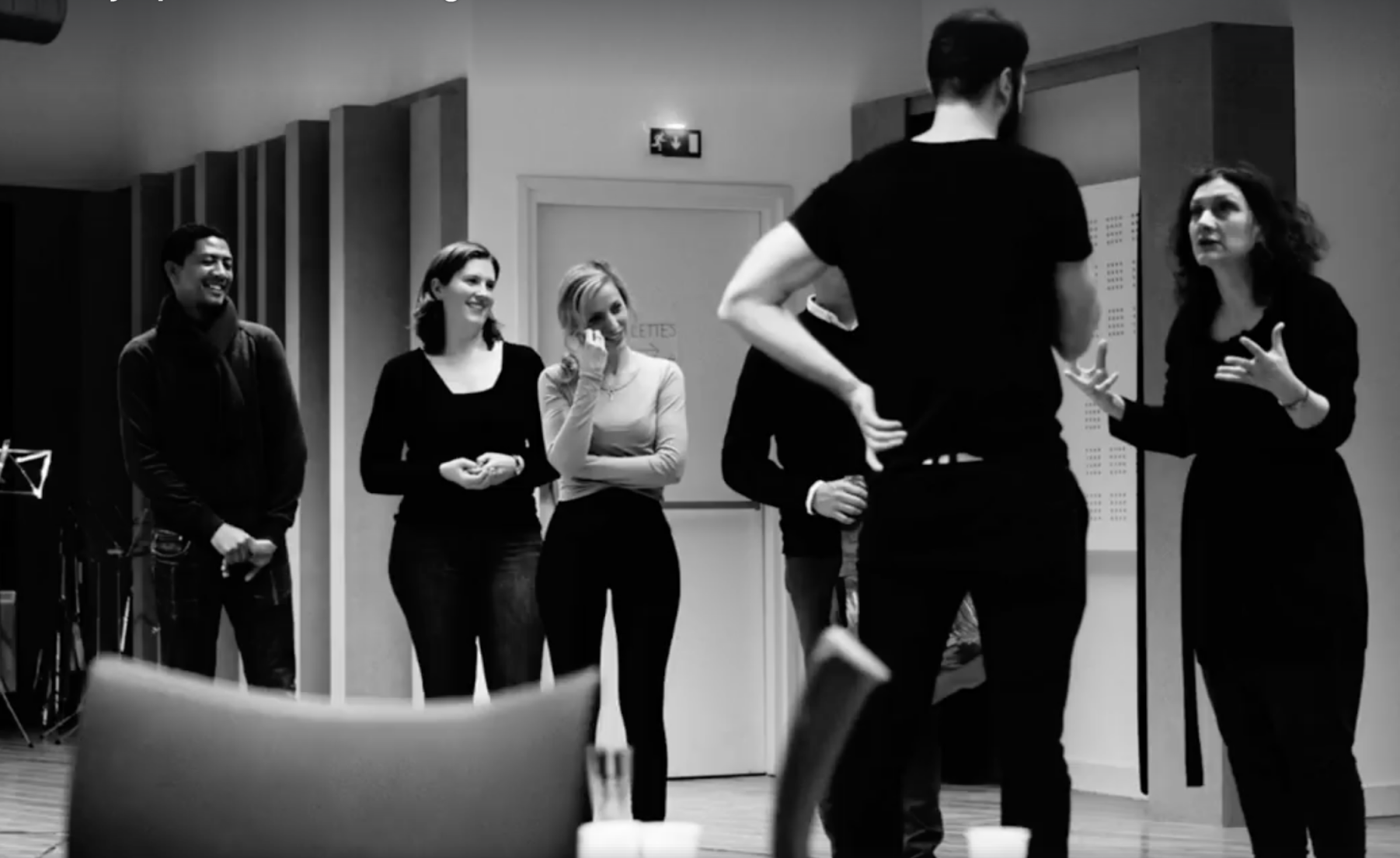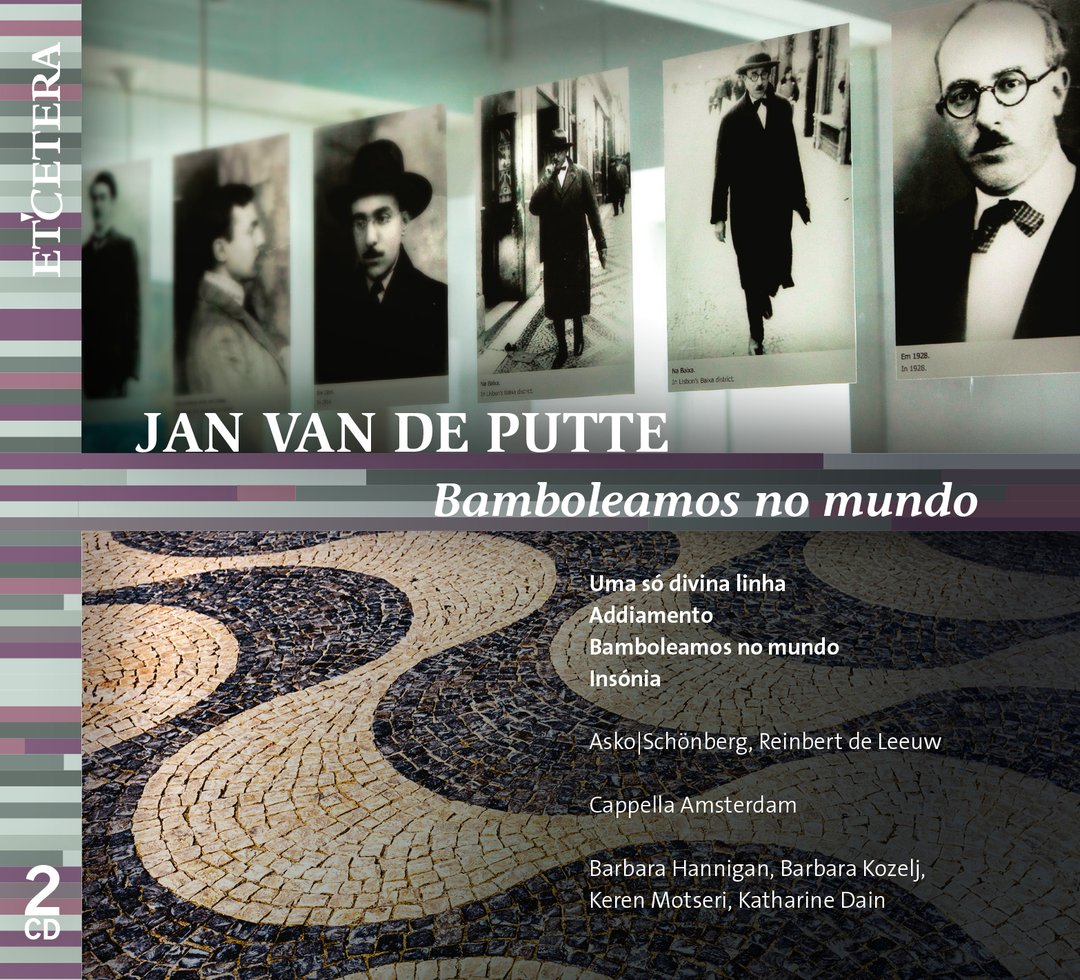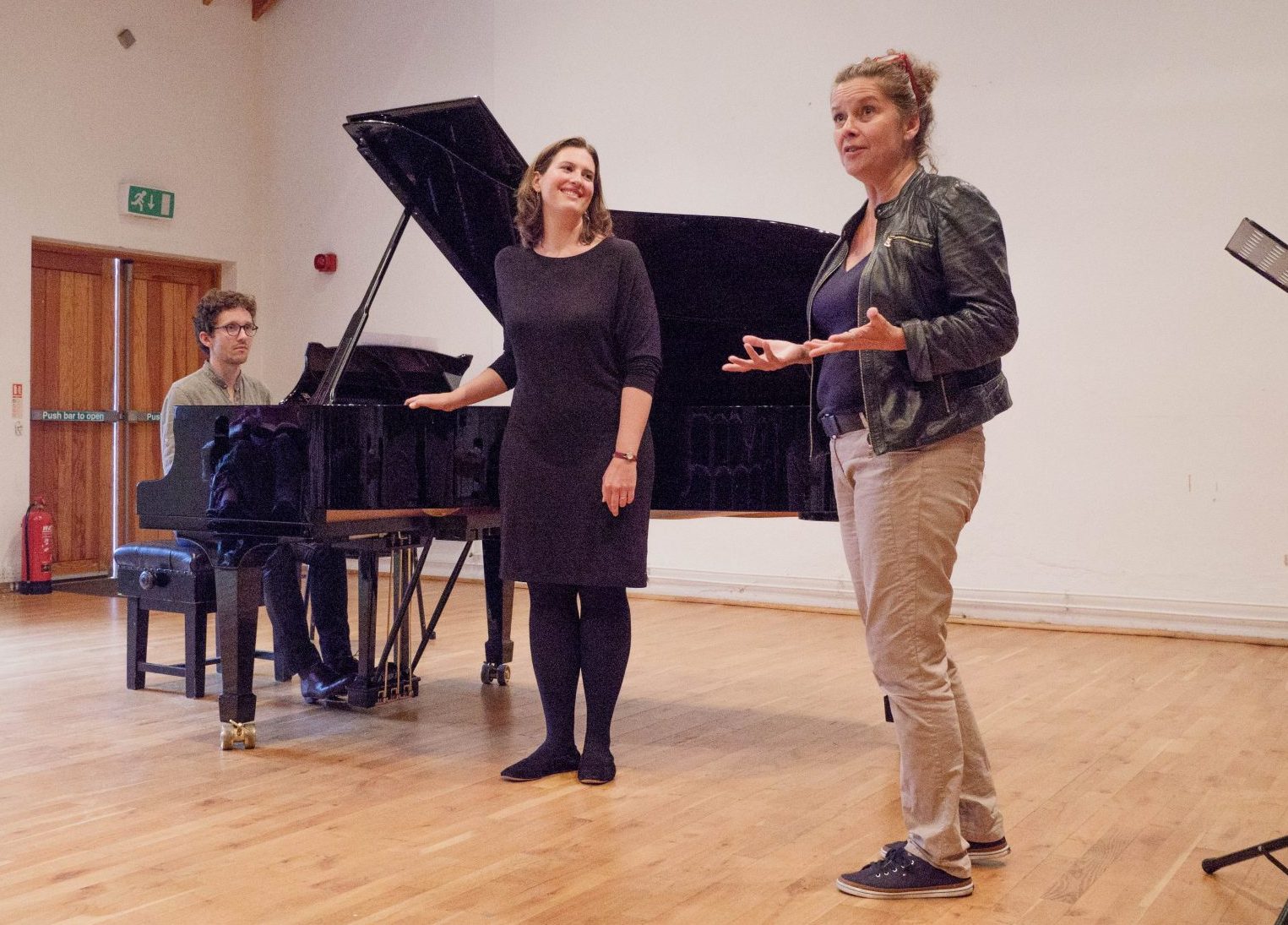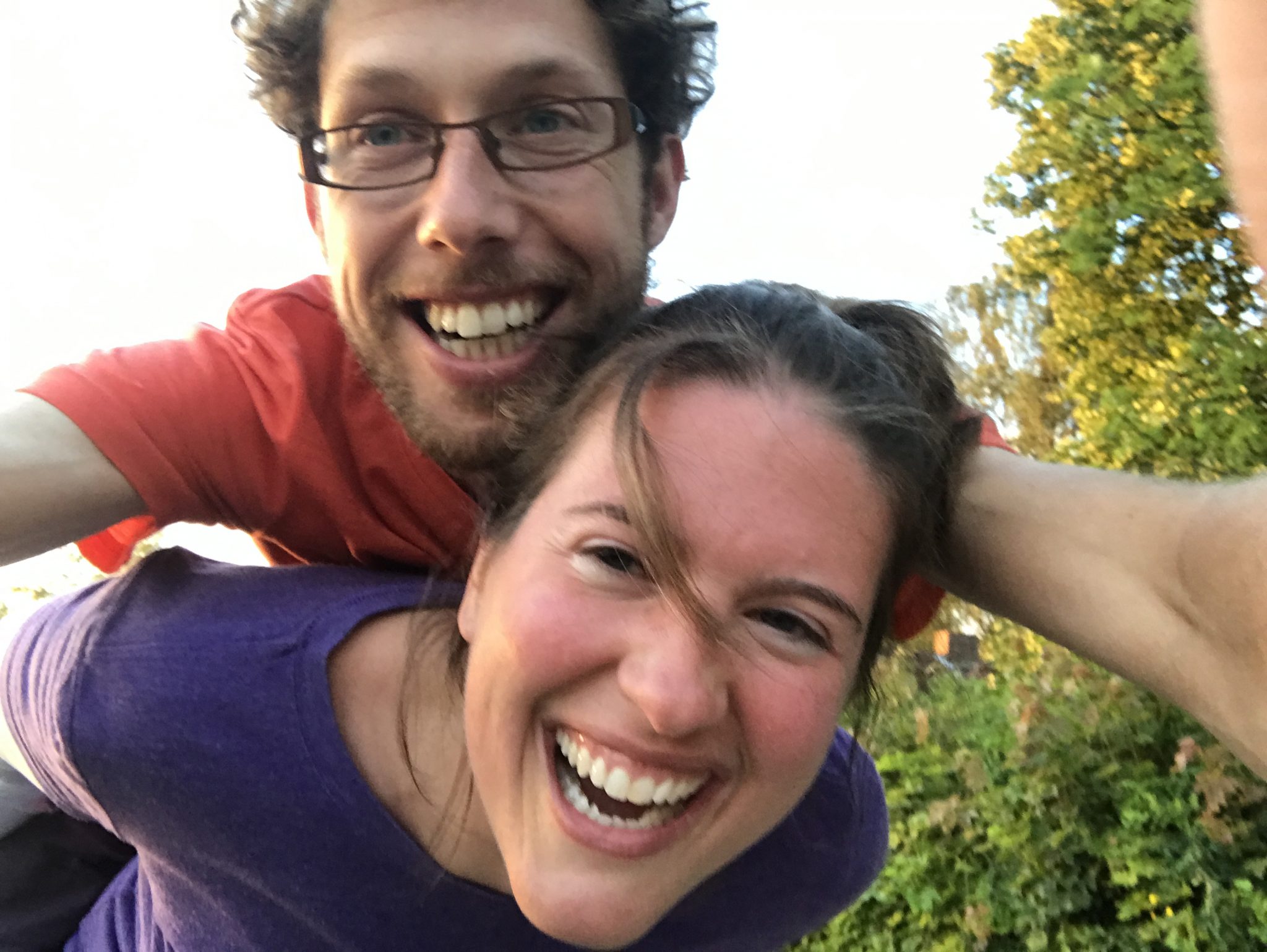“You have a good mind, a pretty face, a disciplined body that does what you tell it to. You have everything it takes to be a lovely woman except the one essential: an understanding heart. And without that you might just as well be made of bronze.” –The Philadelphia Story
Previously, in Katharine’s Epically Long Musings on Identity And Her First Entführung: some thoughts about the character of Konstanze and how she relates to (and is changing) my own identity. Today, I want to write about bodies.
The body can be a vehicle for music, for illness, for slight inebriation on delicious French wine, for pulses of the blood and hormones, for fatigue. The body can be a magnet for desire, for criticism, for violence, for love. As a singer, my body is my instrument: I can’t escape this identification of my body with my work, my self, my value, my effectiveness. Being a singer (or any kind of performer) has a lot in common with being an athlete–no matter what your gifts, you’re only as strong and stable as your body is, and this is complicated. This part of my identity has been both affirmed and challenged mightily in the last few weeks.READ MORE

